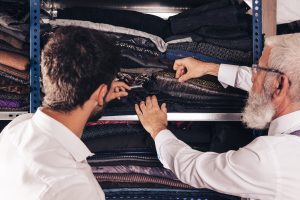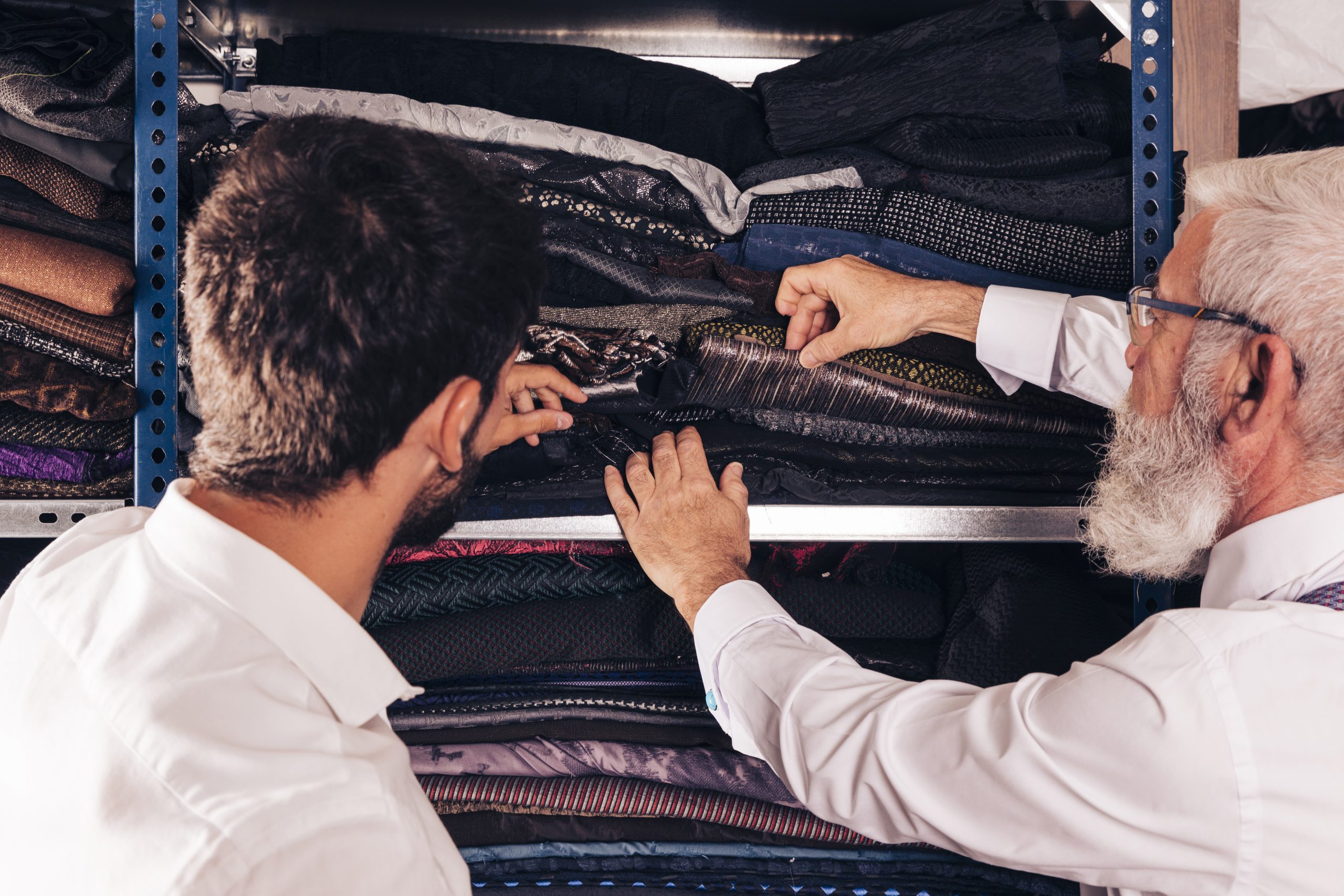The False Claims Act (FCA) applies to a huge range of different types of financial interactions with the Federal Government of the United States. When private companies, like importers, can result in legal exposure can result from false claims — for payment to the government.
We’ll be looking at how the FCA and trade-related regulations can come together to explore how trade professionals might better prepare themselves. We will be pulling from a report by Sidley Austin LLP’s White Collar & International Trade Groups on the topic. We are going to be going over the various updates to the False Claims Act in recent times and how they may add trade professionals, like exporters and importers, moving goods into the US.
What is the False Claims Act?
The False Claims Act (FCA), sometimes referred to as the Lincoln Law, is a federal law that makes people and companies liable to governmental defrauding. It is the central litigation tool to combat fraud against the US Government.
Within the FCA, there is a provision in which individuals that are not affiliated with the government can file actions on behalf of the government. (Think: whistleblowing).

How does the FCA relate to trade?
There are 2 main areas of focus for this discussion.
- Upcoming enforcement trends and recent changes that make it easier for the government and private people to pursue reverse claim actions.
- Identifying areas for future or heightened risk and steps that you can take to protect yourself from that risk.
Changes & trends in FCA enforcement
It’s true that the majority of the FCA claims are related to healthcare and defense. However, private companies rely more and more on the FCA to allege customs duty fraud! In fact, the Sidney Austin LLP report, they state that:
“[…] The DOJ highlighted the FCA’s use to “safeguard American businesses and workers by promoting compliance with customs laws [and] trade agreements.”2 DOJ specifically noted a $22 million recovery against multinational chemical company Linde GmbH for allegedly making false statements to avoid paying import duties.”
It is also predicted that the FCA will be vigorously re-inforced, as we saw Joe Biden had previously implemented the Fraud Enforcement & Recovery Act in 2009 as Vice President.
Upcoming risk as a result of amendments
While we predict that additional changes to the FCA are coming soon, there are still relatively new amendments that the courts are unpacking in terms of application. These amendments have a trade implication because of the expansion of the reverse claim and a more stringent public disclosure bar.
What is a Reverse False Claim?
These claims essentially reverse the FCA liability, so instead of claiming money owed by the government, the party in violation is alleged to have claimed to owe less than it actually should pay. This applies to companies that import or export goods to or from the US, in the form of taxes, duties, or other fees.
The example provided by Sidney Austin for this situation is as follows:
“For instance, an importer could be charged with failing to disclose (i.e., concealing) information it is otherwise legally required to provide for the government to determine whether and/or how to release and tariff imported goods.”
What about the Public Discover Bar?
The FCA’s Public Disclosure Bar has some key changes — the ACA made the situations in which the bar can be used less wide-ranging.
This was done in 3 ways; the amendments made the bar an affirmative defense, instead of a requirement; the ACA reduced the enumerated channels to trigger the bar; the ACA expanded who could be qualified as an original source. It is unclear what these changes will look like in the many different scenarios trade professionals find themselves increasingly vulnerable to new legal frameworks.
Sidney Austin LLP puts it simply: “companies engaged in trade-related conduct have found themselves facing an increasing level of FCA exposure.”
—-
Importers must be well aware of the legal framework around moving goods into the US. Mistakes can be really costly, as penalties, fees, and legal counsel impact your bottom line. Partnering up with an experienced customs broker is the right thing to do. To help you import to the fullest extent of the law, and get goods into consumers’ hands quickly. Click here to start the conversation.






